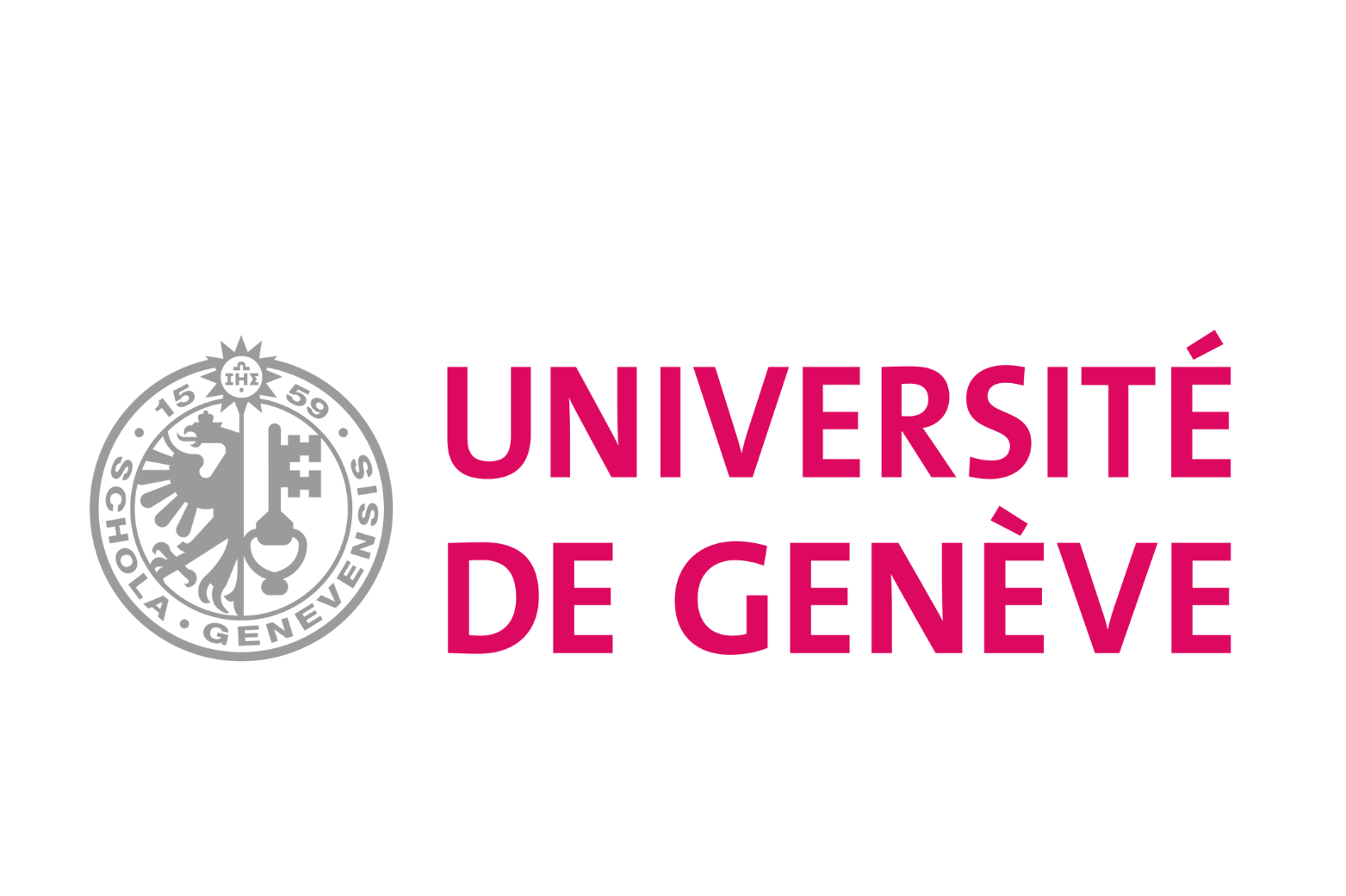Conference organized by Prof. Michelle Cottier (University of Geneva), Prof. Simone Zurbuchen (University of Lausanne) and Prof. Anne Kühler (University of Vienna) on behalf of the Swiss Association of Philosophy of Law and Social Philosophy in Collaboration with the Centre for Legislative Studies (CETEL) at the University of Geneva
8 February 2024
10.00 - 10.15 Introduction
SESSION 1: THE FAMILY: PAST, PRESENT AND FUTURE
Chair: Simone ZURBUCHEN
10.15 - 11.00
11.00 - 11.15 11.15 - 12.00
12.00 - 12.45 12.45 - 14.15
Gabrielle RADICA (University of Lille)
The Family in Early Modern Philosophy: Affection, Protection and Power
Coffee Break
Alice MARGARIA (University of Zurich)
Legal Parenthood: between Change and Continuity
Elisabeth HOLZLEITHNER (University of Vienna)
The Future of the Family: Queer Perspectives
Lunch Break
SESSION 2: PHILOSOPHICAL PERSPECTIVES ON THE REGULATION OF PERSONAL RELATIONSHIPS
Chair: Anne KÜHLER
14.15 - 15.00 15.00 - 15.45 15.45 - 16.15
Clare CHAMBERS (Cambridge University)
Regulating Relationships in a Marriage-free State
Monika BETZLER (University of Munich)
Ending a Special Relationship: Toward an Ethics of Divorce
Coffee Break
SESSION 3: CARING AND JUSTICE
Chair: Anne KÜHLER
16.15 - 17.00
17.00 - 17.45
17.45 - 18.00 18.00 - 19.00
Caroline ARNI (University of Basel)
The Nature and Politics of Maternity in 19th century Proletarian Feminism
Jonathan HERRING (University of Oxford)
Caring and Social Justice Conclusion
General Assembly of the members of the Swiss Association of Philosophy of Law and Social Philosophy
9 February 2024
SESSION 4: GLOBALISATION AND THE FAMILY – THE GLOBAL FAMILY
Chair: Michelle COTTIER
9.00- 9.45
9.45 - 10.30
10.30 - 11.00 11.00 - 11.45
11.45 - 12.30
Amrita PANDE (University of Cape Town)
Globalisation, Repro-genetic Technologies and the Future of Reproduction
Ivana ISAILOVIĆ (University of Amsterdam)
Family, Law & Globalization: Centering Political Economy
Coffee Break
Janine DAHINDEN (University of Neuchâtel)
“Who belongs”? Cross-border Marriages as Key Sites of European Migration Control
Makane Moïse MBENGUE (University of Geneva)
The Global Family and Intergenerational Responsibility in Environmental Law
Conclusion
Outline
In Western societies, barely any social institution has been changing so rapidly as the family. Today’s diversity of family models challenges traditional accounts of care and responsibility within the family, leaving space to reflect on the legal and ethical parameters that govern our notions of the various relations within the family. The Conference aims at discussing the family and its future from an interdisciplinary standpoint, bringing together philosophy, sociology and law, and in a global perspective.
To begin with: what is a “family” anyway and what is its future? How should it be regulated by law? What are the alternatives to current family structures and how could such alternatives be regulated by the law? For answering these questions, it seems fruitful to look back in order to highlight some of the major shortcomings and injustices that lead to the transformation of the family in the 20th century. Equally important is a thorough philosophical reflection on the variety of personal relationships and on different concepts of relationships within the family. In this context, it seems especially important to reflect on current discussions about marriage as the touchstone of the bourgeois family, and its connection to parenthood, discussions that challenge yet enrich and extend traditional concepts of marriage, leading to legal innovation and change. Those reflections inevitably raise fundamental questions of justice: what do we owe each other within a family? Which legal and ethical obligations are at stake in (family) relationships? What does justice in personal relationships mean at all, and across generations? Which normative ideals should guide our ethical and legal assessment of affiliation to a family? Those questions are especially salient in regard to the notion of care that entails basic assumptions about individual and collective responsibility, and the need of compensation – arguably a societal task. Those reflections get even more challenging with the globalization of the family, and new questions arise as family relationships transcend borders: How can the law account for the protection of family life and personal relationships across borders? Do we need to rethink the family even more profoundly in light of our responsibility towards future generations and the ever more important problem of population growth?
